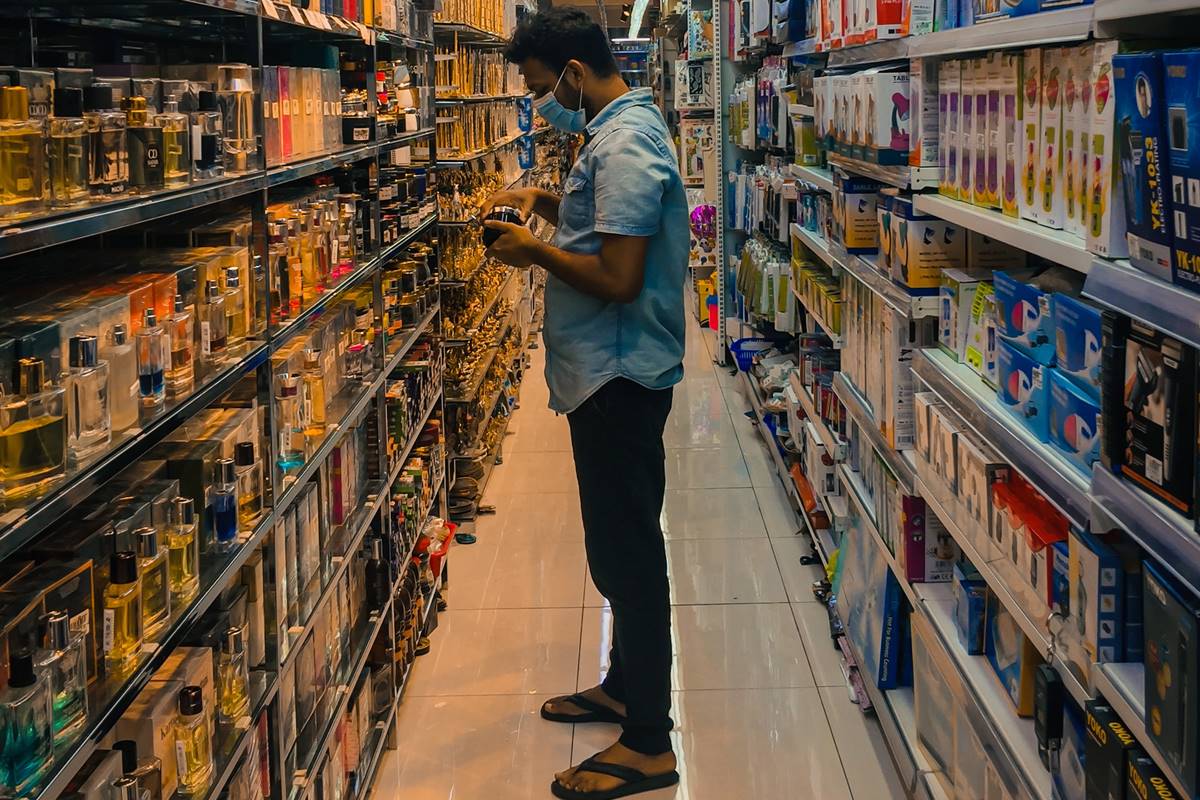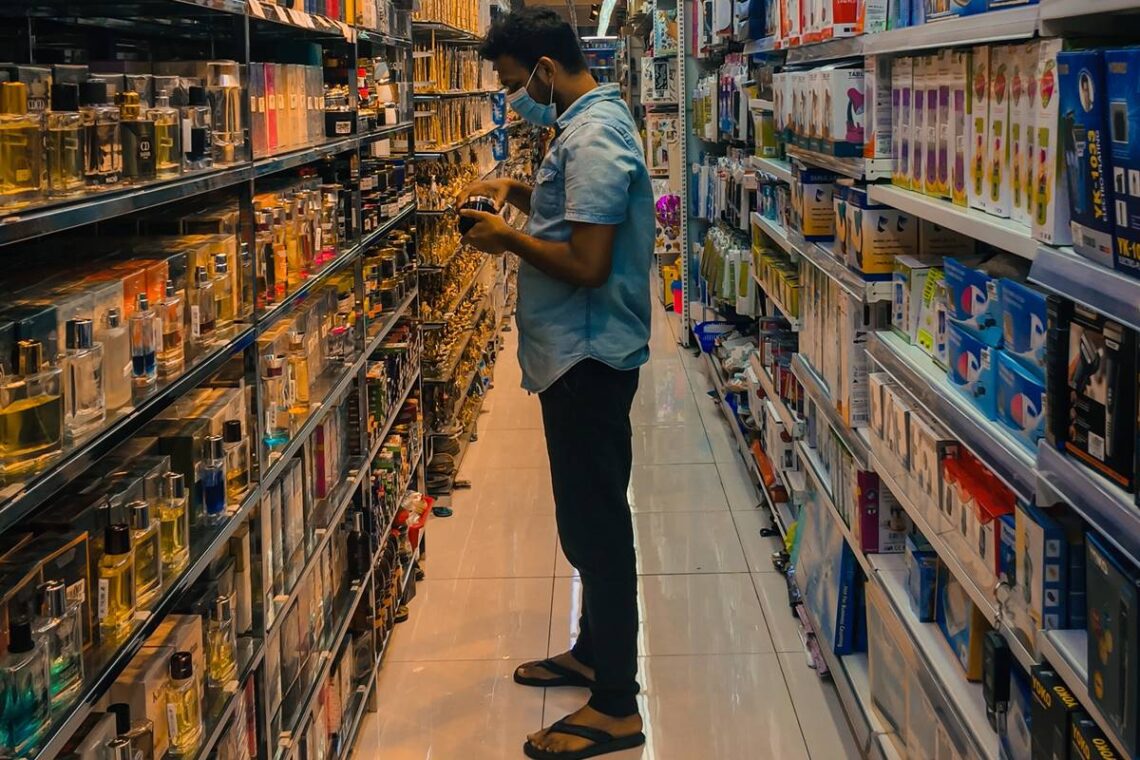In a groundbreaking move, the UAE’s Ministry of Economy has announced the incorporation of 46 new offences under the UAE Consumer Protection Law, featuring fines up to Dh1 million, in Federal Decree Law No. 5 of 2023. This substantial addition aims to bolster consumer rights protection, marking a pivotal moment as the UAE introduces a significant number of offenses for the first time in an amendment.

The legislation goes beyond imposing fines, outlining over 43 commitments for goods providers. It introduces integrated regulatory mechanisms and procedures to foster ethical business practices, ensuring consumer satisfaction, happiness, and overall well-being.
Abdullah Al Saleh, the undersecretary of the Ministry of Economy, unveiled the comprehensive list of violations, ranging from fines of Dh100,000 to Dh1 million. For instance, suppliers failing to adhere to repair, maintenance, after-sales services, or timely refunds after defect discovery may face a Dh250,000 fine. Non-compliance with safety and health standards could result in a Dh200,000 penalty.
Notably, repeat offenses could lead to license cancellation or business deregistration, streamlining the litigation process for consumer protection. The introduced penalties cover a spectrum of violations, enhancing transparency and prohibiting monopolistic practices. The regulations expedite dispute resolution, reducing the need for consumers to resort to the judiciary for every case.
Al Saleh emphasized the collaboration between the Ministry of Economy and local government entities to establish an efficient system for managing and promptly addressing complaints. This initiative seeks to boost consumer confidence and safeguard their rights in the country’s markets.
Under the new regulations, merchants are mandated to price products by unit rather than just providing a selling price. This ensures transparency in pricing, prevents misleading offers, and facilitates consumer choice and price comparison.
Consumers are urged to familiarize themselves with the legal rights outlined in the new legislation. Al Saleh stressed the importance of awareness about mechanisms for claiming rights and submitting complaints. Sellers, including manufacturers, merchants, distributors, or service providers, are encouraged to understand and fulfill their obligations towards consumers.
The strengthened role of local authorities in enforcing consumer protection laws is highlighted. They are empowered with legislative competencies to receive, follow up, and act on consumer complaints, impose administrative sanctions, and address grievances against punitive measures.

















